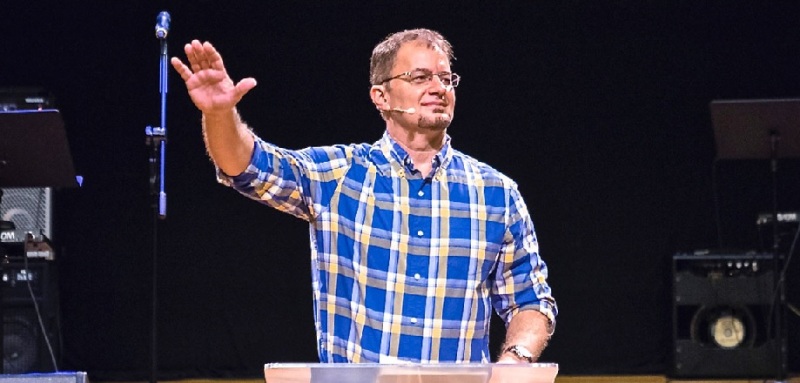
Critical Race Theory has become one of the loudest buzzwords since the tragic death of George Floyd in 2020. While his unnecessary death deserves justice, and past injustices deserve restitution, they should not be used as excuses for violence and illegal protests.
In summary, the way CRT is taught is to lump all white people into the "inherently racist" category and that their privileges and entitlement are deeply embedded in the U.S. Constitution, in the government, and other institutions. Even if they work hard to unlearn their racist's inclinations and to dismantle institutional discrimination based on skin color, their 'whiteness' will still rouse suspicions.
Taken into extreme, CRT devotees think that the ways to correct historical injustices are through defunding the police, protest by looting and ransacking the neighborhood, and by proposing to abolish private ownership of properties.
All these taken into consideration, it's important to understand three points concerning CRT, as noted by J. Lee Grady:
1. Racism is a human problem, not just a "white" problem.
For Grady, it's a denial of the collective history to insist that all white people are racists without leaving any possibility of a Black, Asian or Latino person to be racist because they are not in power or privileged positions. He claims that he has travelled all over the world and firsthand witnessed racism in every culture.
"White Europeans mistreat the Gypsies; Indians have marginalized Indians from lower castes; in Africa, various tribal groups oppress each other, sometimes brutally (for example, in Rwanda in 1994, members of the Hutu tribe slaughtered up to 600,000 of the Tutsi tribe.) In Latin America, white Spaniards mistreat indigenous people; in China today, mounting evidence shows the government is brutalizing the Uyghur people, a Turkic minority," he explained.
Grady also quoted Dr. Martin Luther King Jr. in a 1966 speech where he reportedly said that "doctrine of Black supremacy is as dangerous as a doctrine of white supremacy."
Case in point, people have a common ancestry regardless of skin color and ethnicity.
"Acts 17:26 (NKJV) says: "He has made from one blood every nation of men." We are all created by God, and because of Adam and Eve's sin, we all share in a fallen nature. Any fallen human being is capable of oppression and racial injustice,"" wrote Grady.
2. Racism is a sin that can be confessed and forgiven.
Grady pointed out that Jesus' first apostles were all Jews who were schooled to think that they are an elite people group. But after they were filled with the Holy Spirit, the Jewish-only mindset was broken, and the first century church soon learned that God's global family embrace all tribes, tongues, and cultures.
But "in today's 'woke' debate, there seems to be no hope of unity," observes Grady.
"The implication is that our entire society must be burned down and rebuilt in order to right the wrongs of the past," he said.
This mindset, of course, is a total denial of the redemption of Jesus Christ. And to Grady, the sin of racism was also paid at the cross. He would rather encourage a change of heart than to endorse a divisive theory.
"That means that when people trust in Jesus, and embrace His love and mercy, their sins are washed away, and their hard hearts are transformed."
3. To heal racism requires forgiveness and restitution, not revenge.
Using force and pressure to dismantle institutional racism is not helpful. It could even backfire. For Christians, it's best to stick with what Jesus taught on praying and loving their enemies. Dr. Martin Luther King Jr. has always advocated for peaceful protests. He preached forgiveness in his 1960 speech: "He who is devoid of the power to forgive is devoid of the power to love."
"America has reached a critical junction: Will we choose the narrow path of Christian love, non-violence and forgiveness? Or will we embrace the wide road of hatred, division and woke political theories that have no power to transform us?" Grady wrote.
"I pray we will walk in the footsteps of Jesus," he concluded























